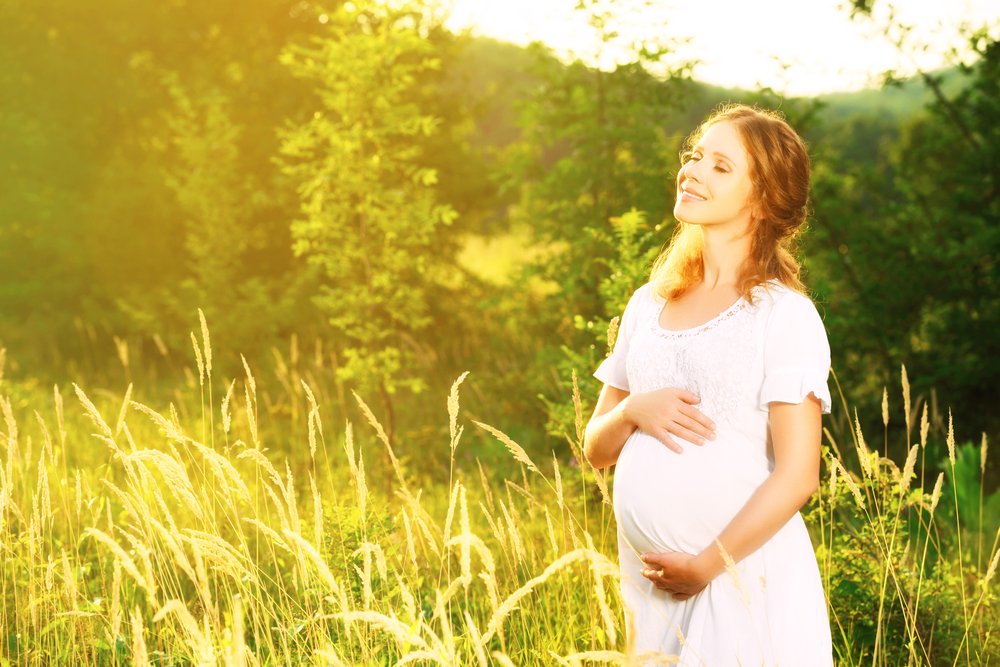Exposure to Sunlight During Pregnancy Has No Influence on MS Risk in Children, Polish Study Finds

The risk of children developing multiple sclerosis (MS) later in life has no link to how much sunlight their mothers were exposed to during pregnancy, a Polish study found.
The study, “Month of birth and level of insolation as risk factors for multiple sclerosis in Poland,” appeared in the journal PLoS One.
Previous studies have suggested that babies born in the spring have a higher risk of developing MS. This may be because their mothers, while pregnant, were exposed to less sunlight, which would lead to lower vitamin D3 production in the fetus.
“Higher exposure to UVB radiation and resulting higher serum vitamin D concentration in the first trimester of pregnancy is possibly associated with lower risk of MS. A number of international studies suggests that in the northern hemisphere, risk of developing MS is higher for those born in the spring and lower for those born in autumn,” researchers wrote. “However, in central Eastern Europe, such studies are lacking. This region is of great interest for comparative analysis, because of the great seasonal fluctuation of UV light.”
To test this hypothesis, researchers analyzed data from 2,574 MS patients living permanently in Poland. The analysis included the average number hours of sunshine in all 12 months and looked specifically at MS cases in Zabrze and Rzeszów (southern Poland), and Bydgoszcz, Szczecin and Białystok (northern Poland). These cities range in latitude from 50.04° to 53.43° N.
The team found that from September to December, the incidence of MS is indeed lower than during spring time. However, researchers found no correlation between hours of sunshine in the first trimester of pregnancy, the child’s birth month and MS development.
This study has certain limitations, including the fact that researchers did not know the individual exposure of the pregnant mother to UVB radiation, or how much vitamin D mothers consumed in their diet. Nonetheless, the team concluded: “We were able to confirm a seasonal variation in MS risk in Poland; however, these findings were not easily correlated with insolation during the first trimester of pregnancy.”






